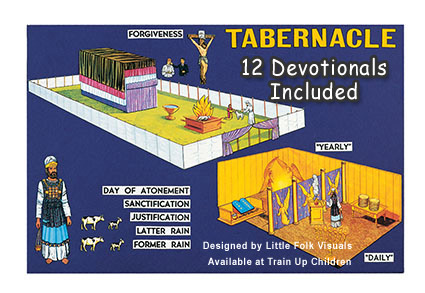
It is never enough to use only one logical fallacy when forming a fundmamentalist argument. The building blocks of nonsense must be gently bludgeoned into place one atop the other to form a wall of illogic that stops thought and runs one into danger of exhausting their Latin vocabulary. Consider these beautiful bits of logic…
The Post Hoc Ad Absurdem Non Sequitur: “Prayer being taken out of schools led to the founding of the Emergent Church which will eventually lead to everyone being unsaved, drunk, and buying foreign cars.”
Or perhaps the Ad Hominem Circulus in Probando “Emergent Church types are nothing but a bunch of unsaved drunks becuase nobody who drinks that much could possibly be saved.”
My personal favorite is the Plurium Interrogationum Ad Verecundiam “Are you still an unsaved drunk Emergent Church member even though that’s clearly unbiblical?”
Line upon line. Precept upon precept. Fallacy upon fallacy.



